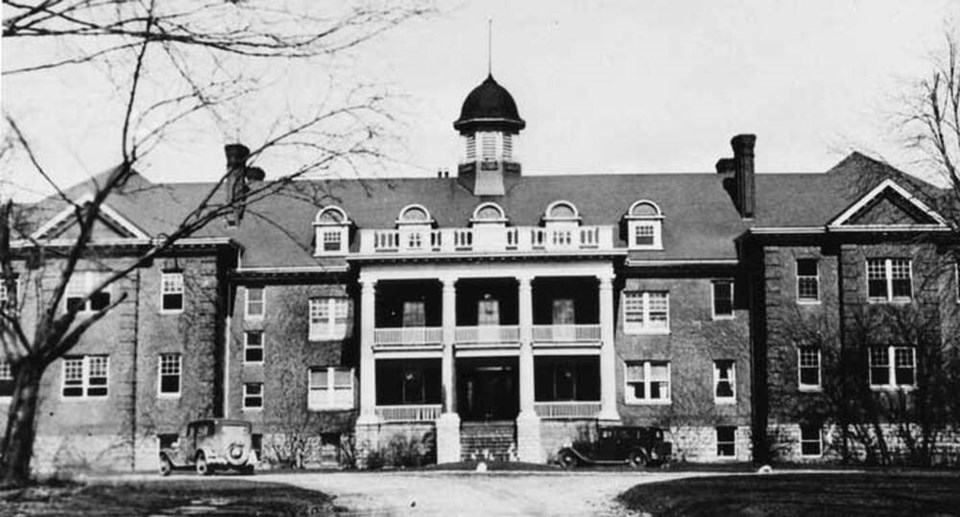
Canada’s legacy toward the Indigenous peoples of this land has a sordid past. The recent discovery at a former residential school in Kamloops, B.C., is further evidence to this sorrowful history. The unearthing of 215 bodies of Indigenous children buried at this school has highlighted the truth behind the impact of residential schools on the Indigenous peoples.
Murray Sinclair, former member of the Senate and First Nations lawyer, judge and former chair of the Truth and Reconciliation Commission, addressed the world on June 1, detailing his experience on the commission. He said that he “openly and willingly” listened to the stories of the survivors, and they ultimately named the interim report, They Came for the Children, to “draw the attention of the Canadian public to the fact that the government of Canada set out in a deliberate policy to remove the children away from their parents, from their communities and from the influences of their elders, their brothers, their sisters in order to indoctrinate them into a different culture, and they accomplished that to a large extent. By the thousands,” he continued, “children were taken away and placed in those residential schools.”
Sinclair’s reserved tone could not mask the emotion lying underneath as he recalled stories of the survivors describing children enduring daily physical, emotional and sexual abuse.
He recounts what he found most shocking personally were the stories of children who died in the schools at the hands of the administrators.
He prepares his audience for the inevitability for more burial sites to be discovered at other residential school sites. He talks directly to the survivors, moving forward through the healing process.
PhD student at Trent University and lecturer at Brock University, Bobby “Stanley” Henry recognizes this past, but also looks to the future.
“Everyone must recognize that reconciliation is not solely a state-driven process. Rather, everyone (all Canadians) plays a role in the process of reconciliation by learning the truth. It will take a collective effort and will be generations of learning to enact meaningful change,” he says.
Henry, along with the NOTL Museum, has identified this recent discovery as an important opportunity to explain the policies behind the accepted wisdom of the time of residential schools. On June 24, he will present a lecture where he will deconstruct “Canada’s policies of aggressive assimilation, the fallouts of this race-based policy, and what key strategies help move society forward in spirit of truth and reconciliation.”
His goal for the lecture is to share the truth in Canada’s policy of aggressive assimilation, he says. “I am posing that everyone ask what is the record of Canada’s colonial education; how did the process unfold; how did we get where we are today; and where are we to go next?”
Henry holds a master of education degree from Lakehead University in Indigenous studies and is a community member of Six Nations of the Grand River Territory. He is a member of the Ball Deer Clan and Cayuga Nation. His research interests are in Indigenous education, Indigenous language reclamation programming, Indigenous identity, Hodinohsyó:ni Knowledge Systems, and teacher education.
The hour-long lecture unpacking the topic of residential schools is hosted by the NOTL Museum and will take place on Thursday, June 24 at 11 a.m.
The presentation will take place over Zoom. Admission is free but registration is required. For further information and registration contact the NOTL Museum at 905-468-3912 or notlmuseum.ca.


